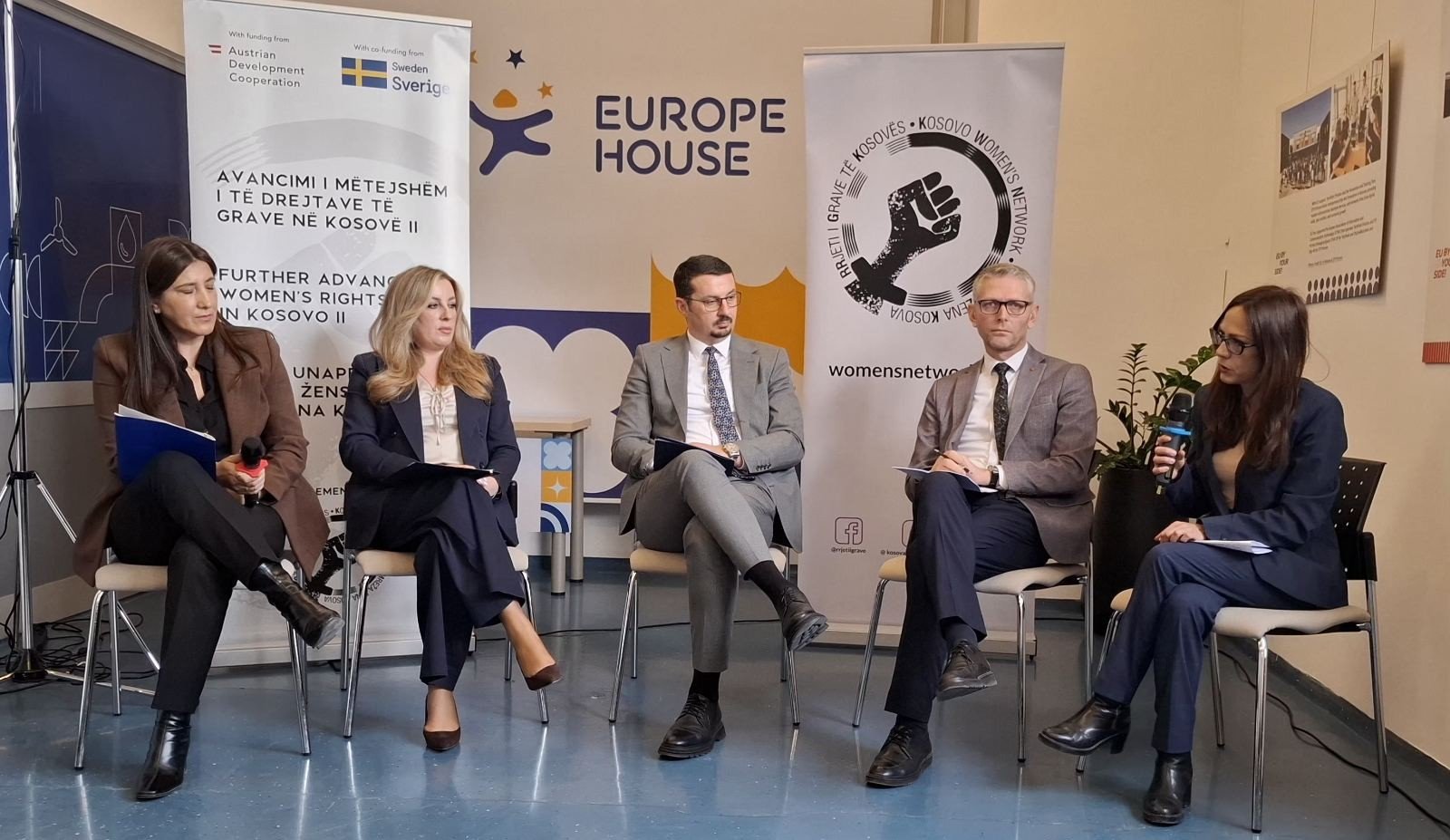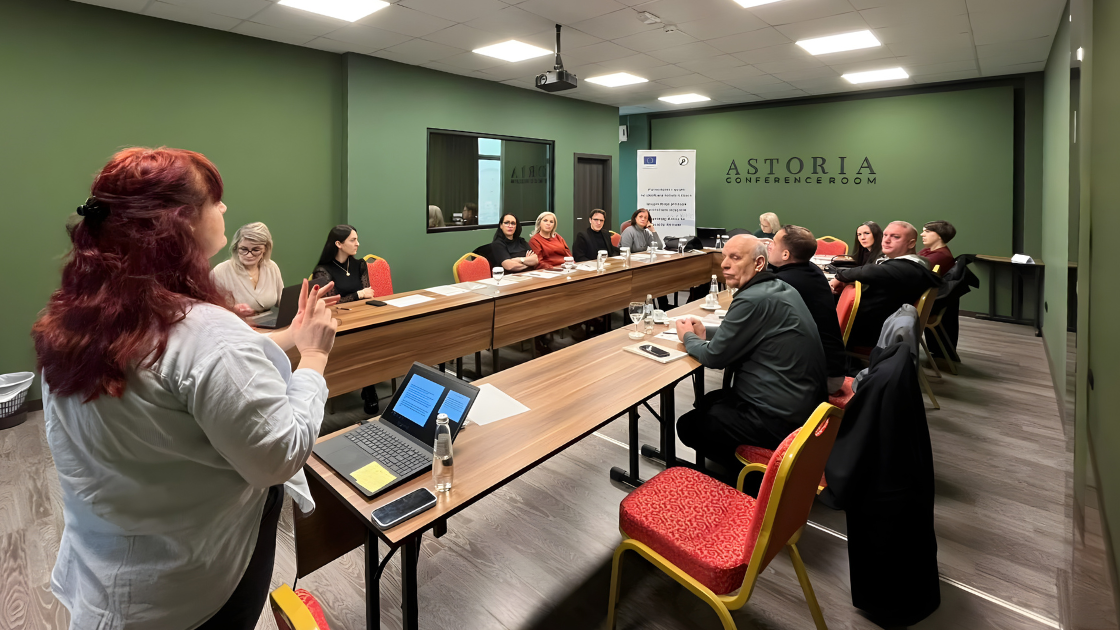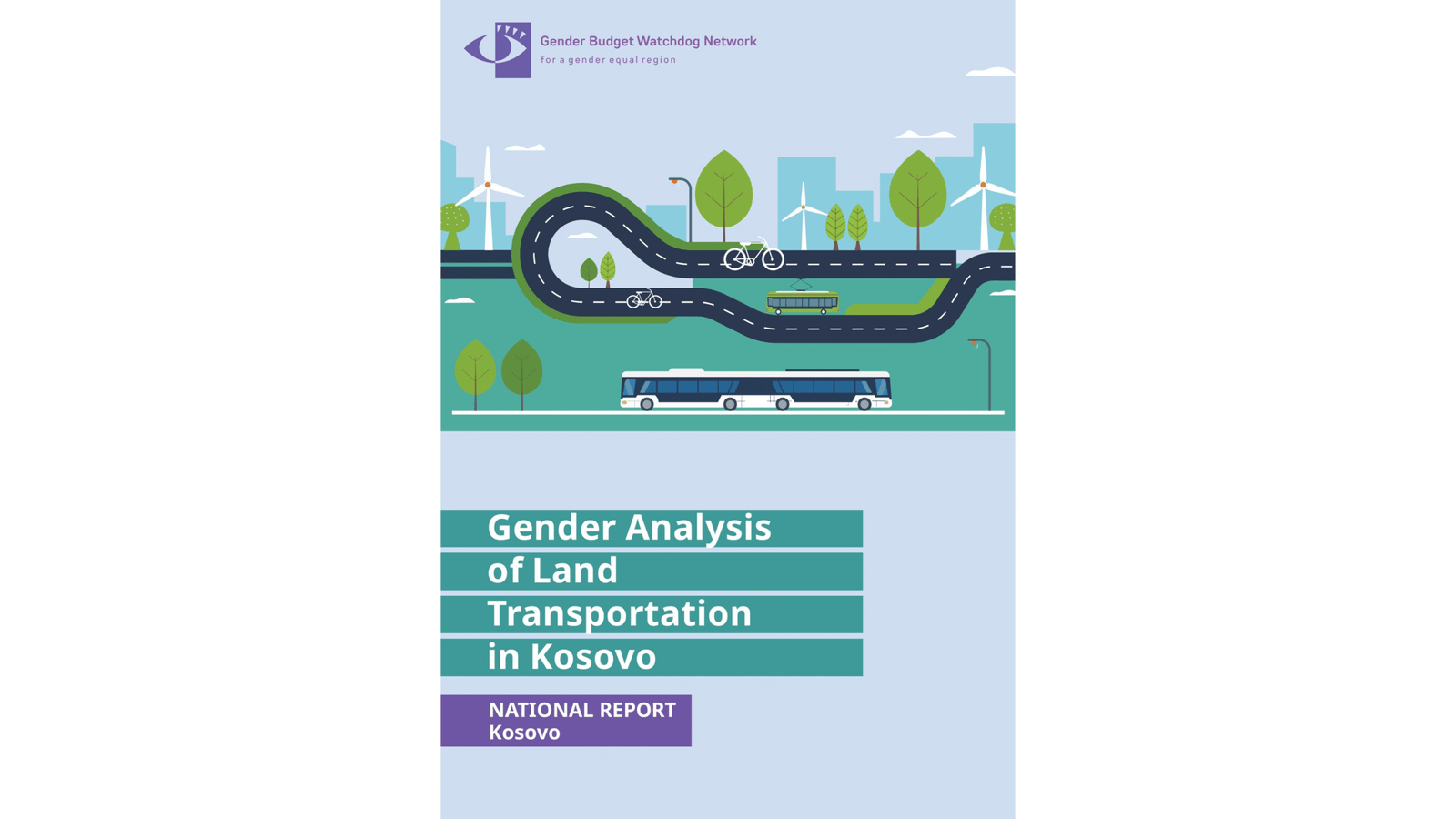Founded by a group of young people from the municipality of Drenas in response to a lack of local activities, the organization Humanus Vita is dedicated to empowering women, girls, youth, and minorities by promoting equal rights and opportunities for professional development and participation in decision-making.
Over the past year, Humanus Vita observed biology classes in four schools in Drenas to identify topics that teachers often avoid, such as aspects of sexual education. The goal was to raise awareness among young men and women about the importance of sexual education and to help teachers address these topics openly and confidently.
This year, Humanus Vita is launching an initiative that builds on last year’s efforts, motivated by the organization’s commitment to improving education for young men and women in the municipality of Drenas. The initiative includes observing biology lessons in several primary and secondary schools in the area, with a focus on how teachers address topics related to sexual education
The executive director of the organization, Doruntina Gashi, emphasizes the significance of the project, given Drenas’s position as a municipality, the community’s mentality, and its rural areas. “I knew it was important, but I didn’t realize just how important it was until we began implementing the project”, she says.
The idea for this initiative originated in 2018, when Humanus Vita launched a similar project in the municipality of Skenderaj, titled “Informing Young People about the Risks and Protection from HIV/AIDS”, highlighting the need for awareness and informational activities of this kind.
Through this initiative, Humanus Vita has monitored the teaching of biology lessons in 8th-grade classes across 12 elementary schools in the municipality of Drenas. “We focused on observing biology lessons, specifically those covering sex education topics such as reproduction”, says Doruntina Gashi.
One of the main challenges was teachers’ reluctance to address topics that society often considers taboo. However, as Doruntina Gashi points out, “The essence is to take action and see results.”
In Drenas, there have been cases of sexual harassment in schools, and our project focuses on raising awareness about identifying both victims and perpetrators of sexual harassment.
Humanus Vita has observed how biology teachers present sexual education topics in 12 primary schools in the municipality of Drenas. The organization also conducted 12 interviews with biology teachers to assess their perceptions of the importance of including sexual education in the 8th-grade biology curriculum. “This is why our society carries shame in its veins, which it should not,” says Doruntina.
Six primary schools in the municipality of Drenas, including both rural areas and the centre, will be the focus of observation by the gender equality expert and project researcher. As the project coordinator, she will observe how sex education topics are addressed in the 8th-grade biology curriculum.
Recognizing the important role of teachers, Humanus Vita conducted individual interviews with 12 teachers from 6 relevant primary schools to assess the importance they place on sex education and the potential impact of including comprehensive sexual education in the school curriculum for students.
The data from these surveys will be compiled into a detailed report, which will include recommendations and conclusions for both local and central institutions regarding the importance of including sex education in schools.
Humanus Vita aims to expand this project to other municipalities, challenging social taboos and helping young people develop knowledge and awareness about their bodies and rights.
This initiative is supported by the Kosovo Women’s Fund with a grant of €9,933.50, funded by the Austrian Development Agency (ADA).







